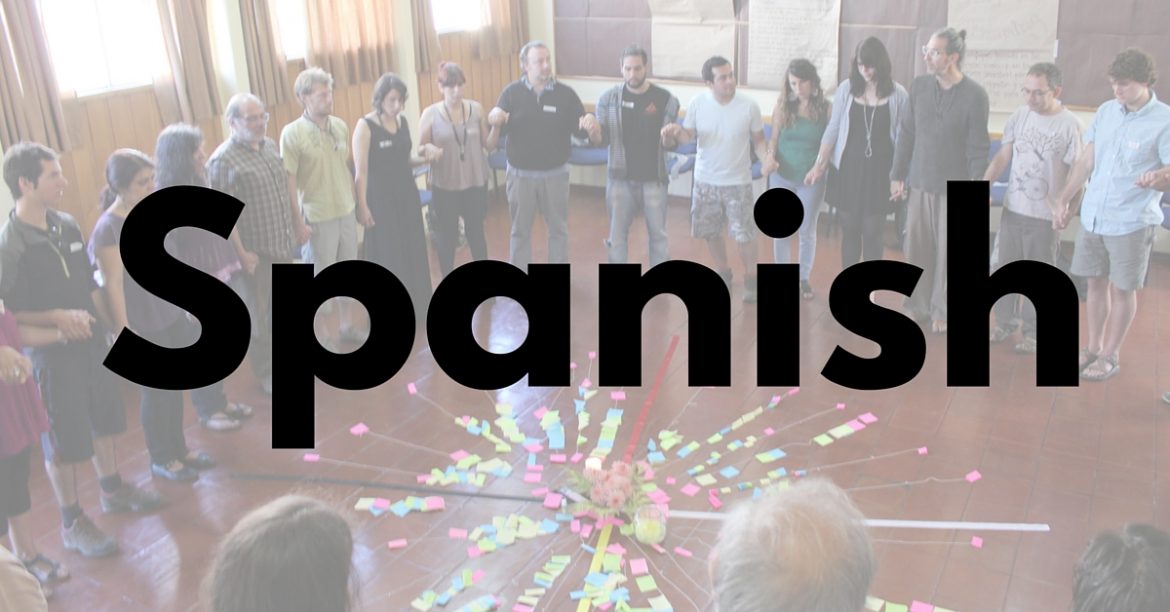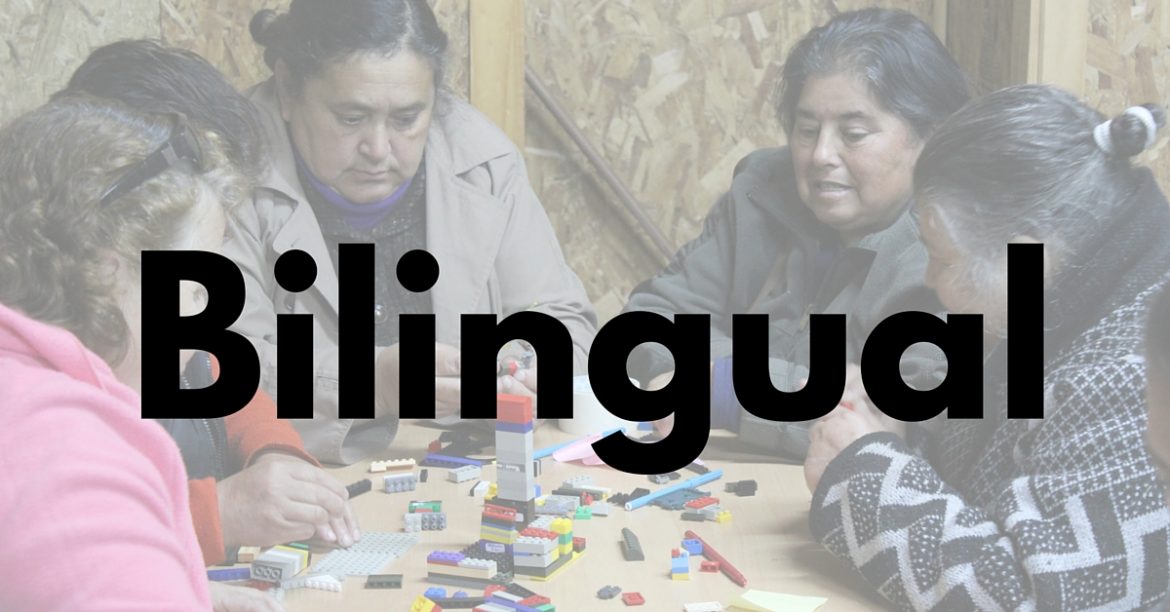New Study on Collective Intelligence in Chilean Classrooms
Friday, June, 10th, 2016 News
At el Centro de Emprendizaje (CEM) in Southern Chile, relationships are an important part of the educational experience.
A newly published case study — by the Talloires Network, the MIT Community Innovators Lab, and the CEM — explores the CEM’s approach to integrating higher education with entrepreneurship and collaborative learning at Valdivia’s Universidad Austral de Chile. The report – Emprendizaje: Higher Education for Entrepreneurship, Learning, and Collective Intelligence in Southern Chile – seeks to flesh out the practical applications of “Emprendizaje,” a concept (emprender + aprendizaje) that the CEM faculty and staff try to live out daily. Download the report’s Spanish, English, or bilingual (English/Spanish) editions here:
This report began with a Tufts University graduate course, which examined alternative community development approaches that the Global North can draw from the Global South.
The CEM draws from methodologies and theories such as Manfred Max-Neef’s Human Scale Development, which emphasizes greater self-reliance through satisfying human needs, and provides an alternative to neoliberal development approaches focusing on indicators such as Gross Domestic Product. The CEM’s alternative pedagogical approaches can provide innovative solutions to the world’s crises and are therefore worth delving into.


